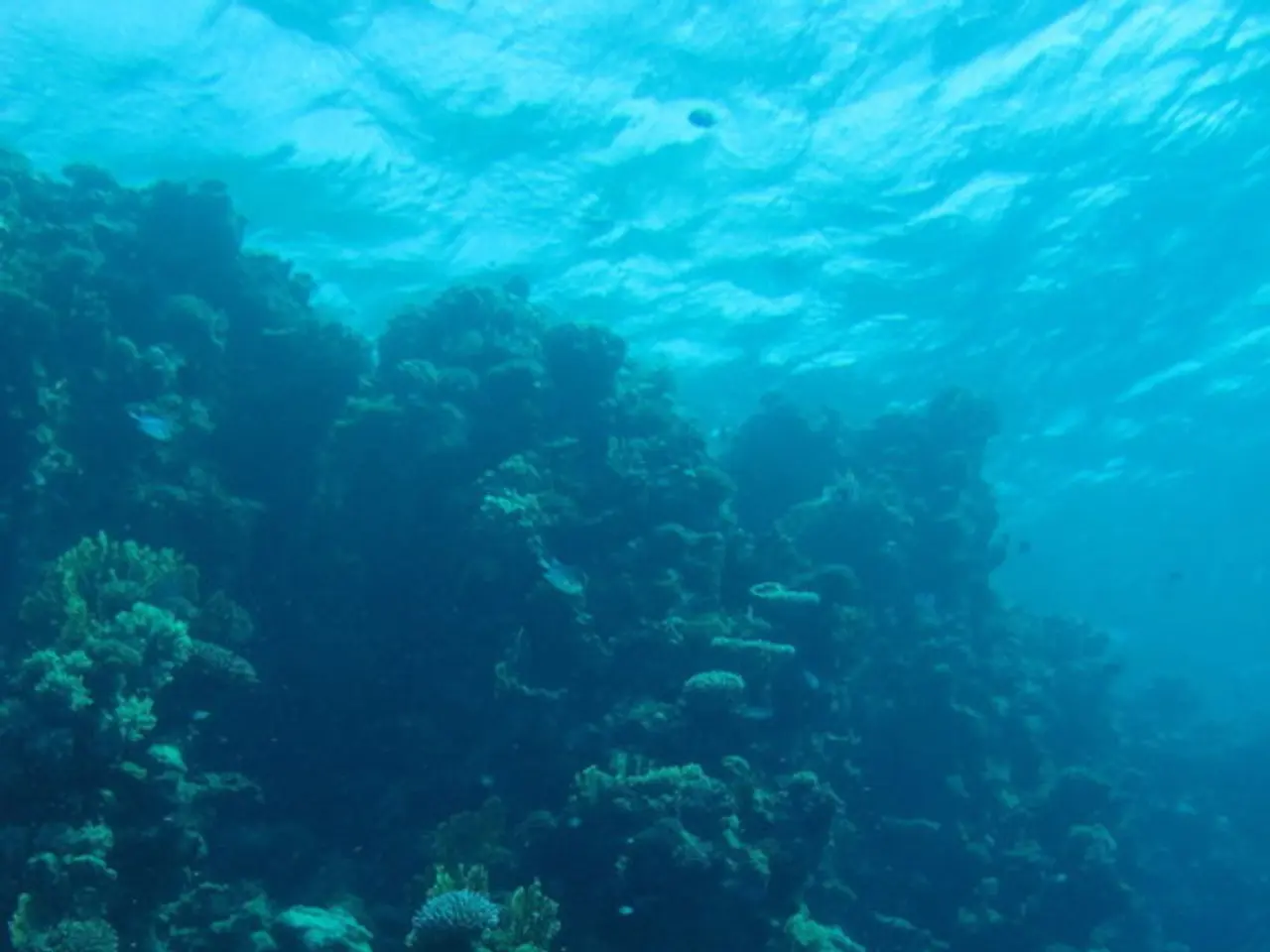Overview of COP28: A Guide for Climate Action Enthusiasts
Anticipated Outcomes for COP28: A Glance at Upcoming Environmental Policy Discussions and Commitments
Get ready for another round of global climate discussions as COP28 prepares to commence from 30 November - 12 December 2023 at Expo City, Dubai, UAE. Here's what you can expect from this year's gathering:
What's COP28 all about?
The Conference of Parties (COP) is where crucial decisions about global climate change commitments are made, and this year's event will focus on setting new standards for Ocean-climate action.
Goals and Objectives
- Promoting an Energy Revolution:
The primary goal is to phase down demand and supply of all fossil fuels by 2050, with a focus on tripling renewable energy capacity and doubling energy efficiency improvements across sectors by 2030.
- Strengthening Climate Finance:
Ensuring that climate finance is affordable, available, and accessible to developing countries, aiming to deliver the annual investment needed for climate action by 2030.
- Empowering People and Protecting Nature:
Investing in people and nature through the creation of the loss and damage fund and encouraging all parties to align climate action with biodiversity targets.
- Fostering Inclusivity:
Strengthened collaboration with marginalized groups, including women, Indigenous Peoples, youth, people of determination, subnational actors, and faith-based organizations.
Controversies and Concerns
Despite the highly anticipated event, COP28 has been under scrutiny for the role the fossil fuel industry may play in shaping its agenda. For instance, the COP28 President Dr Sultan al-Jaber, a minister of industry and advanced technology for UAE and the managing director of the Abu Dhabi National Oil Company, recently announced a $150 billion investment in fossil fuel expansion in November 2022.
Decoding the Dialogue
Navigating climate conferences requires understanding key terms and phrases to avoid greenwashing and false solutions. Here are some important terms to watch out for this year:
- Fossil Fuels: Burning fossil fuels without carbon capture and storage technologies, leading to CO2 emissions.
- Carbon Capture and Storage (CCS): A method used to capture CO2 emissions, transport it, and store it deep underground. Though CCS has the potential to play a role in meeting climate goals, it should not be viewed as a silver bullet solution. Focusing on CCS instead of simply keeping fossil fuels in the ground delays the inevitable transition away from fossil fuels.
- Emissions: It's crucial to acknowledge the difference between "emissions" and "phase-out." In a net-zero world, we must focus on phase-out rather than phasing-down because there's no room for emissions in a carbon-free future.
The Spotlight on Oceans
Oceans will take center stage at COP28 during the "Nature, Land use, and Oceans" thematic day (9 December 2023) which aims to support climate-aligned and nature-positive use of land and Ocean systems.
In the race to combat climate change, we must remember that ocean action is climate action and climate action is ocean action.
Expectations for COP28
Though we welcome more commitments to safeguard our Ocean, our hope is that this year's promises turn to progress and ideas turn to action. This includes:
- Decarbonization across all sectors: New research suggests that we have less than six years before global warming of 1.5°C becomes inevitable. Rapid, widespread reductions in CO2 emissions are essential to steer us away from this fate.
- Strengthening of commitments.: Strengthened commitments are needed to meet the goal of protecting 30% of the Ocean by 2030, with a focus on both protected and unprotected areas.
- Inclusive Ocean-actions: Widespread recognition of the Ocean's pivotal role in combating climate change is vital. Countries must commit to mainstreaming Ocean-actions into their national commitments, while prioritizing environmental justice and equitable access to resources and opportunities.
- Strengthening Ocean-focused research: Strengthening Ocean-focused research and standardized data sharing are critical to effectively implementing and managing Ocean-actions.
Stay updated on COP28 and learn more about ocean-climate initiatives by following Ocean Generation on your preferred social media platforms.
- YouTube
- TikTok
- COP28, set to take place from November 30 to December 12, 2023, aims to make crucial decisions regarding global climate change commitments, with a specific focus on promoting Ocean-climate action.
- The energy revolution goal of COP28 involves tripling renewable energy capacity and doubling energy efficiency improvements across sectors by 2030.
- The event will aim to deliver the annual investment needed for climate action by 2030, through strengthening climate finance.
- COP28 will prioritize the alignment of climate action with biodiversity targets, and will strive to invest in people and nature, including through the creation of a loss and damage fund.
- Concerns have been raised about the potential influence of the fossil fuel industry on COP28's agenda, as the COP28 President, Dr Sultan al-Jaber, announced a $150 billion investment in fossil fuel expansion in November 2022.
- Ocean action is vital in the effort to combat climate change, and during COP28, innovation in sustainable practices, such as renewable energy and aquaculture, will be highlighted as critical components of a healthy marine ecosystem.






